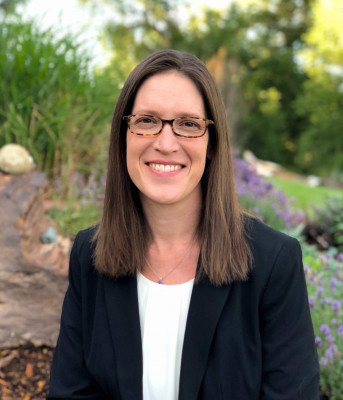Study Participants Needed: Impact of Music Therapy on Brain Responses in Children with Autism
We are seeking children ages 6-12 for a study on the impact of a music therapy attention protocol on the brainwaves and behaviors of individuals on the autism spectrum.
Purpose of this study: This is a research study to examine if we can measure how the brain responses of children with autism (ages 6 to 12 years) respond to repeated sounds before and after a five-week music treatment. We use both electroencephalography (EEG) and behavioral testing (paper and pencil “games”) to study brain responses. EEG is a painless, safe technique that has been used for years both clinically and in research to assess the brain activity of infants, children and adults. After the EEG sessions, children will receive five weeks of free music therapy sessions where they will play music while practicing attention exercises. Children will then complete final EEG testing to see if there are any changes in brain responses to sounds.
Who: To be eligible for participation, individuals must:
- Have formal documentation of autism, and not have other disabilities such as cerebral palsy and Down syndrome
- Use English as a primary language (either spoken or used in the home/school environment)
- Have normal or corrected hearing
- The ability to commit to seven weeks of the study without adding any other new treatments.
Where: University Center for the Arts (1400 Remington Street)
What you will do: The project includes two initial visits to the EEG lab. For both of these visits, a stretch cap, similar to a bathing cap with metal sensors will be placed on the child's head to record the EEG. The sensors do not touch the scalp; instead, a small amount of water-based gel is inserted between the scalp and each sensor to effectively receive the signal from the brain. Then the participant will be asked to listen to some sounds presented through earphones while they watch a silent movie. For the other visit, we do another listening activity while the child wears the EEG cap and we record brain activity like in the first session. In addition to this, we will have the child complete several pencil and paper activities that requires him/her to respond to sounds or words on a computer. These activities are not hard and designed to be like games. After the EEG sessions your child will be randomized in to the music therapy group or control group. All children will also complete the EEG tasks after five weeks. Children in the control group will involve treatment as usual for five weeks and then have the option of enrolling in the music therapy for 5 weeks. Children in the music therapy group will receive music therapy for 5 weeks.
In music therapy sessions, children will play musical instruments and respond to music played by the therapist while practicing attention exercises. These exercises are designed to be fun and engaging. Example exercises include repeating rhythms, playing certain instruments while hearing certain sounds, and focusing on playing an instrument while ignoring distractions.
How long will it take? This study will involve:
- Two testing sessions, each will last about 2 hours.
- Ten sessions of music therapy lasting 35 minutes each over five weeks
- Two additional testing session, each will last about 2 hours.
Our participants receive $15 after both the second and fourth visit to the EEG lab.


